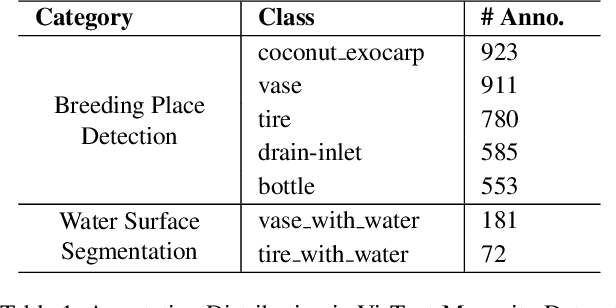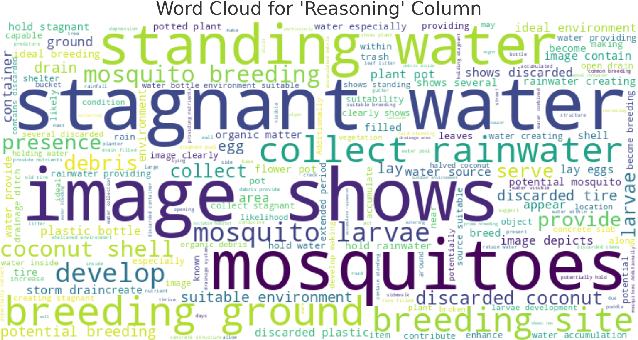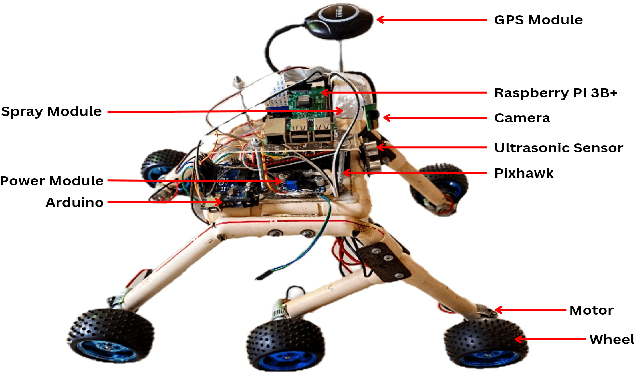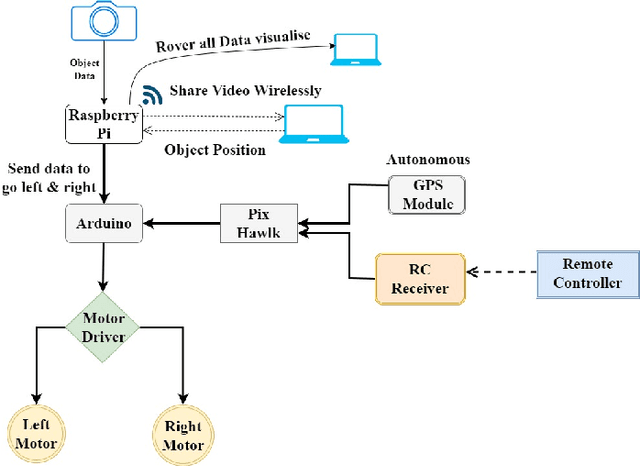Md. Adnanul Islam
Ready to Translate, Not to Represent? Bias and Performance Gaps in Multilingual LLMs Across Language Families and Domains
Oct 09, 2025Abstract:The rise of Large Language Models (LLMs) has redefined Machine Translation (MT), enabling context-aware and fluent translations across hundreds of languages and textual domains. Despite their remarkable capabilities, LLMs often exhibit uneven performance across language families and specialized domains. Moreover, recent evidence reveals that these models can encode and amplify different biases present in their training data, posing serious concerns for fairness, especially in low-resource languages. To address these gaps, we introduce Translation Tangles, a unified framework and dataset for evaluating the translation quality and fairness of open-source LLMs. Our approach benchmarks 24 bidirectional language pairs across multiple domains using different metrics. We further propose a hybrid bias detection pipeline that integrates rule-based heuristics, semantic similarity filtering, and LLM-based validation. We also introduce a high-quality, bias-annotated dataset based on human evaluations of 1,439 translation-reference pairs. The code and dataset are accessible on GitHub: https://github.com/faiyazabdullah/TranslationTangles
Hallucination to Truth: A Review of Fact-Checking and Factuality Evaluation in Large Language Models
Aug 05, 2025Abstract:Large Language Models (LLMs) are trained on vast and diverse internet corpora that often include inaccurate or misleading content. Consequently, LLMs can generate misinformation, making robust fact-checking essential. This review systematically analyzes how LLM-generated content is evaluated for factual accuracy by exploring key challenges such as hallucinations, dataset limitations, and the reliability of evaluation metrics. The review emphasizes the need for strong fact-checking frameworks that integrate advanced prompting strategies, domain-specific fine-tuning, and retrieval-augmented generation (RAG) methods. It proposes five research questions that guide the analysis of the recent literature from 2020 to 2025, focusing on evaluation methods and mitigation techniques. The review also discusses the role of instruction tuning, multi-agent reasoning, and external knowledge access via RAG frameworks. Key findings highlight the limitations of current metrics, the value of grounding outputs with validated external evidence, and the importance of domain-specific customization to improve factual consistency. Overall, the review underlines the importance of building LLMs that are not only accurate and explainable but also tailored for domain-specific fact-checking. These insights contribute to the advancement of research toward more trustworthy and context-aware language models.
VisText-Mosquito: A Multimodal Dataset and Benchmark for AI-Based Mosquito Breeding Site Detection and Reasoning
Jun 17, 2025



Abstract:Mosquito-borne diseases pose a major global health risk, requiring early detection and proactive control of breeding sites to prevent outbreaks. In this paper, we present VisText-Mosquito, a multimodal dataset that integrates visual and textual data to support automated detection, segmentation, and reasoning for mosquito breeding site analysis. The dataset includes 1,828 annotated images for object detection, 142 images for water surface segmentation, and natural language reasoning texts linked to each image. The YOLOv9s model achieves the highest precision of 0.92926 and mAP@50 of 0.92891 for object detection, while YOLOv11n-Seg reaches a segmentation precision of 0.91587 and mAP@50 of 0.79795. For reasoning generation, our fine-tuned BLIP model achieves a final loss of 0.0028, with a BLEU score of 54.7, BERTScore of 0.91, and ROUGE-L of 0.87. This dataset and model framework emphasize the theme "Prevention is Better than Cure", showcasing how AI-based detection can proactively address mosquito-borne disease risks. The dataset and implementation code are publicly available at GitHub: https://github.com/adnanul-islam-jisun/VisText-Mosquito
MosquitoMiner: A Light Weight Rover for Detecting and Eliminating Mosquito Breeding Sites
Sep 12, 2024



Abstract:In this paper, we present a novel approach to the development and deployment of an autonomous mosquito breeding place detector rover with the object and obstacle detection capabilities to control mosquitoes. Mosquito-borne diseases continue to pose significant health threats globally, with conventional control methods proving slow and inefficient. Amidst rising concerns over the rapid spread of these diseases, there is an urgent need for innovative and efficient strategies to manage mosquito populations and prevent disease transmission. To mitigate the limitations of manual labor and traditional methods, our rover employs autonomous control strategies. Leveraging our own custom dataset, the rover can autonomously navigate along a pre-defined path, identifying and mitigating potential breeding grounds with precision. It then proceeds to eliminate these breeding grounds by spraying a chemical agent, effectively eradicating mosquito habitats. Our project demonstrates the effectiveness that is absent in traditional ways of controlling and safeguarding public health. The code for this project is available on GitHub at - https://github.com/faiyazabdullah/MosquitoMiner
Predicting Users' Value Changes by the Friends' Influence from Social Media Usage
Sep 12, 2021



Abstract:Basic human values represent a set of values such as security, independence, success, kindness, and pleasure, which we deem important to our lives. Each of us holds different values with different degrees of significance. Existing studies show that values of a person can be identified from their social network usage. However, the value priority of a person may change over time due to different factors such as life experiences, influence, social structure and technology. Existing studies do not conduct any analysis regarding the change of users' value from the social influence, i.e., group persuasion, form the social media usage. In our research, first, we predict users' value score by the influence of friends from their social media usage. We propose a Bounded Confidence Model (BCM) based value dynamics model from 275 different ego networks in Facebook that predicts how social influence may persuade a person to change their value over time. Then, to predict better, we use particle swarm optimization based hyperparameter tuning technique. We observe that these optimized hyperparameters produce accurate future value score. We also run our approach with different machine learning based methods and find support vector regression (SVR) outperforms other regressor models. By using SVR with the best hyperparameters of BCM model, we find the lowest Mean Squared Error (MSE) score 0.00347.
 Add to Chrome
Add to Chrome Add to Firefox
Add to Firefox Add to Edge
Add to Edge